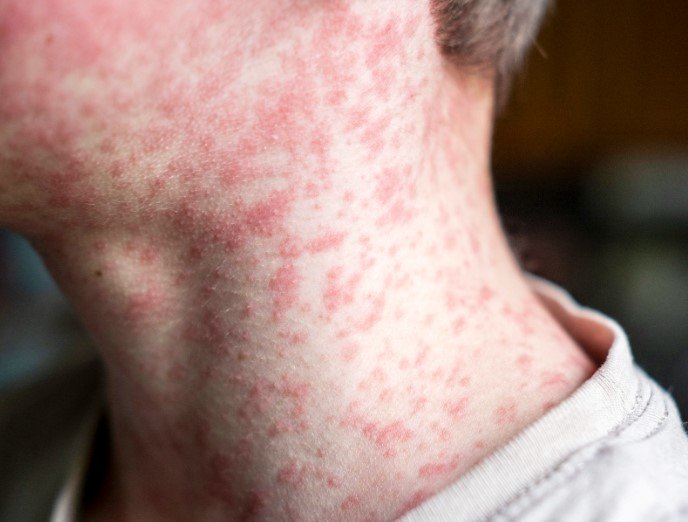The measles outbreak in West Texas is escalating, with confirmed cases now reaching 58, including four patients who reported being vaccinated. Health officials remain on high alert as the virus spreads across multiple counties, marking the state’s worst outbreak in over three decades.
Case Count Climbs, Officials Investigate Vaccination Status
The Texas Department of State Health Services (DSHS) confirmed an additional 10 cases on Tuesday, pushing the total to 58. For the first time, four patients claimed they had been vaccinated, prompting an urgent review by health investigators to verify their immunization status and the number of doses received.
Initially, the outbreak began with two cases in Gaines County in late January. It has since expanded across four more counties, though Gaines remains the epicenter, accounting for 45 cases. Lubbock County, home to a reported single case, is the largest affected county so far.
Thirteen patients have required hospitalization, but officials have yet to pinpoint the initial source of exposure. The outbreak comes amid declining vaccination rates, with Texas kindergarteners’ measles immunization dropping from nearly 97% in 2019 to 94.3% in 2024, per CDC data.

No Signs of Vaccine-Resistant Measles Variant
Despite reports of vaccinated individuals contracting measles, DSHS reassured the public that virologists have found no evidence of a vaccine-resistant strain. The measles, mumps, and rubella (MMR) vaccine remains highly effective—about 93% with a single dose and 97% with two doses, according to the CDC.
Infants typically receive their first dose between 12 and 15 months, with a second administered between ages four and six. Additional doses aren’t required if both were received during childhood, though older individuals can still get immunized at any time.
The Virus’ High Infectivity Rate Sparks Concern
Measles is notorious for its extreme contagiousness, with an infection rate of 90% among unvaccinated individuals who are exposed, per WHO. The virus can linger in the air and on surfaces for up to two hours, increasing the risk of transmission long after an infected person has left a space.
- Common symptoms include high fever, runny nose, watery eyes, and a red rash that can spread across the body.
- Severe cases can lead to pneumonia, brain swelling, and even death, especially in young children and the unvaccinated.
- One in five unvaccinated individuals infected with measles requires hospitalization, according to the National Foundation for Infectious Diseases.
With cases climbing, health officials are urging parents to ensure their children’s vaccinations are up to date and to monitor for early symptoms, particularly in communities where immunization rates are lower.
Mennonite Communities and the Outbreak’s Uneven Spread
Gaines County’s large Mennonite population has been particularly affected by the outbreak. While the Mennonite Church does not oppose vaccination, health officials say vaccination rates within these communities are often lower than the general population, making them more vulnerable to outbreaks.
DSHS spokesperson Lara Anton confirmed that many of the cases are tied to these communities. The combination of close-knit living conditions and lower immunization rates creates a breeding ground for rapid disease transmission.
Legislative Debate Over Vaccination Laws Intensifies
Even as measles cases surge, Texas lawmakers are considering over 20 bills aimed at easing vaccine requirements. With support from vaccine-hesitant and anti-vaccine groups, these proposals could further lower immunization rates, raising concerns among public health experts.
Texas already allows exemptions from school vaccination requirements for personal beliefs. Health professionals warn that further loosening regulations could lead to more frequent and severe outbreaks of preventable diseases like measles.
For now, health officials continue their push for vaccination and increased awareness, hoping to contain the outbreak before it spreads further.

Comments